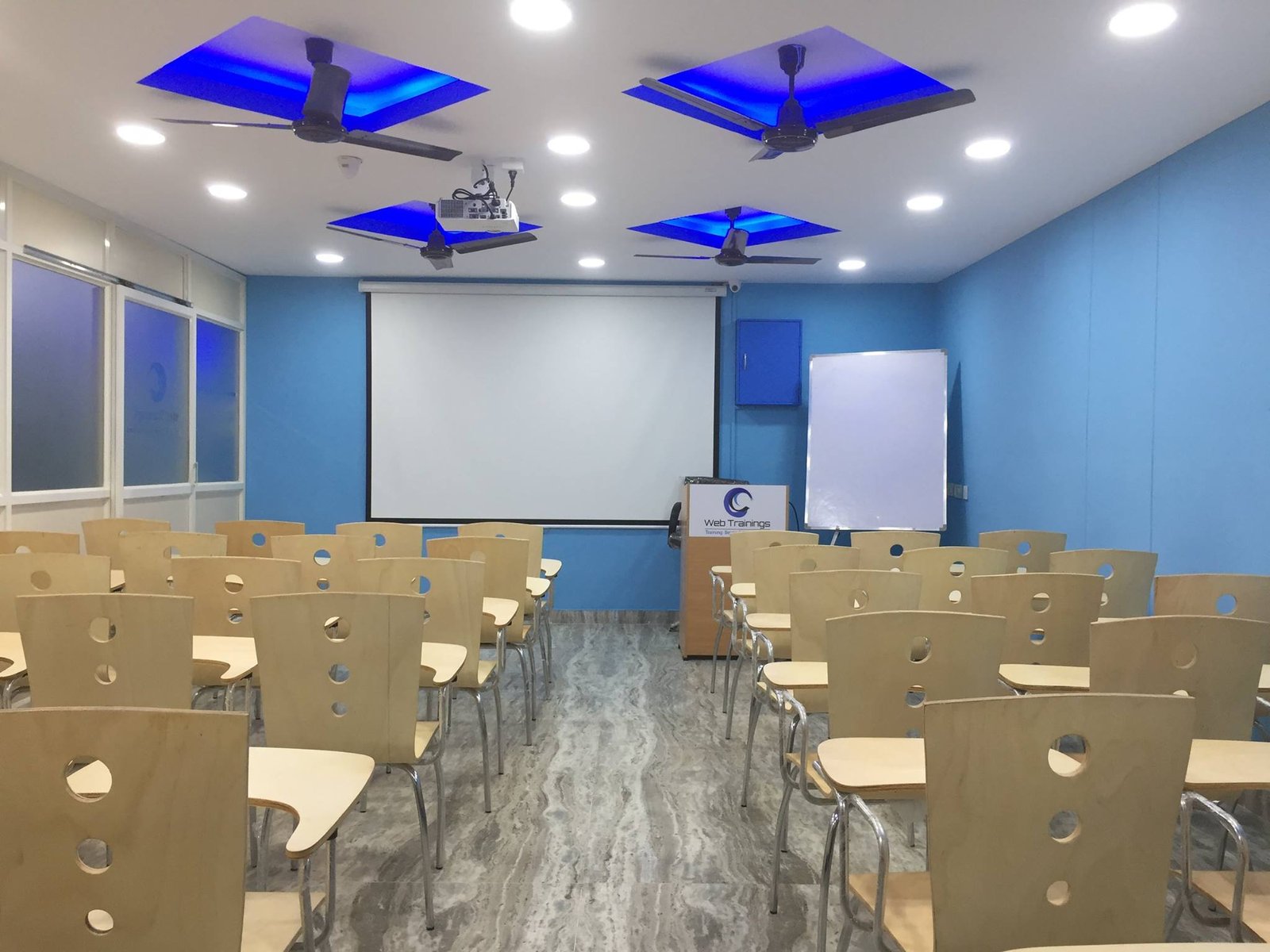Web Training’s Full Stack Python Training Course in Hyderabad will make you an expert in Python Programming for web development with Django Framework. Get In-Depth Practical exposure in Python libraries such as Pandas, matplotlib, scipy, numpy, PyGTK, SymPy, Flask, PyTorch, and nose for data analysis and data visualizations with Real-World Projects.
Classroom Live
25+
3 Months
10+
05 August 2024

Python is a high-level, general-purpose interpreted programming and Scripting language with simple easy syntax and dynamic semantics.
Data science is the process of massive mining amounts of raw data, both organized and unstructured, in order to uncover patterns and derive meaningful knowledge. This is an interdisciplinary field, and the fundamentals of data science include statistics, inference, computer science, predictive analytics, algorithm development for machine learning, and new tools for extracting insights from massive data. What makes Data Science so important is that it can be used in so many different ways, from everyday tasks like asking Siri or Alexa for recommendations to more complex ones like driving an autonomous car. Computing, Statistics, Inference, Machine Learning algorithms, Predictive Analysis, and new technologies make up the multidisciplinary field of Data Science.
Error: Contact form not found.
The average Python programmer salary in the United States is $108,598 per year, making Python the third highest-paid programming language according to Daxx’s research.
In India, The average salary for a Python Developer is around ₹5 – 6. Lakhs per year. (Source: Glassdoor)
Aside from that, a wide range of open-source third-party libraries makes it extremely simple to develop applications.
As a result, it has several subtle advantages such as dynamic typing, automatic memory management, and scoping. As it is a very simple and straightforward language to learn, Python eliminates the need for complex syntax.
If you want to print ‘hello world,’ you must write the three lines above, whereas Python requires only one line to print “hello world.” It’s that SIMPLE.
Stack Overflow’s Developer Survey claimed Python to be the third-most-popular programming language in the world and Python maintains a strong position in the top ten of the TIOBE and PYPL Popularity of Programming Language Indexes.
(e.g., Django and Pyramid frameworks, Flask and Bottle micro-frameworks)
(e.g., SciPy – a collection of packages for mathematics, science, and engineering; I-python – an interactive shell that features editing and recording of work sessions)
(it’s a demanded language for teaching programming!)
(e.g., widgets, Kivy, Qt)
(build control, management, and testing – Scons, Buildbot, Apache Gump, Roundup, Trac)
(ERP and e-commerce systems – Odoo, Tryton)
(e.g., Battlefield series, Sid Meier\’s Civilization IV…), websites and services (e.g., Dropbox, UBER, Pinterest, BuzzFeed…)
With Web Training’s Full Stack Python Training Programming in Hyderabad, we enable you to seek advanced python programming skills.
A python trainee can occupy a variety of job titles, as Python Developer, Data Scientist, and Machine Learning Engineer
Python developers frequently work on the server side, writing logic or building the platform. Python Developers assist Front-End Developers by integrating their work with the Python application. They are typically responsible for deploying applications and collaborating with development and design teams to create user-friendly websites and applications. As a result, the industry is constantly on the search for Python developers familiar with Django and Flask.
The national average salary for a Machine Learning Engineer is ₹5 Lakhs per year in India (Source: Glassdoor)

Data Scientist Analyze data to gain valuable insights. To do so, Data Analysts must collect massive amounts of data, sort it, and group it according to the organization’s KPIs or goals. A Data Analyst uses Python libraries to analyze data, process data, analyze datasets, and develop visualizations to present findings in a useful way.
The national average salary for a Machine Learning Engineer is ₹6 Lakhs per Year In India in 2021 (Source: Glassdoor)

Data Scientists combine computer science, mathematics, statistics, and modeling with an in-depth knowledge of their company and industry to uncover new opportunities and strategies. Data Scientists are responsible for analyzing data, developing statistical models, and designing data structures.
The national average salary for a Machine Learning Engineer is ₹10 Lakhs per year in India (Source: Glassdoor)

Students having a basic understanding of any programming language concepts such as what a loop is, what if and else does, how operators are used, and so on will be beneficial. Python can be learned quickly if you have a strong command of the fundamentals of any programming language.



Real-time classes are conducted by Our Instructors at fixed batch timings.
Get answers to your queries from Instructors in real-time.
Be a part of the National Batch & connect with our faculties for any clarification
Over 15+ Years of Corporate Experience, Trained over 50000+ Certified Professionals. Southern India’s Most Trusted Educational Brand

Yes. Obtaining a Python certification is worthwhile, as Python is one of the most widely used and sought-after programming languages available today. The majority of IT jobs today require a working knowledge of the Python programming language for coding and development purposes.
Several of the primary reasons why earning a Python certification is advantageous include the following:
Python is considered one of the most simple programming languages to learn. It’s easy to use. Learning the fundamentals of Python programming can take anywhere from five to ten weeks on average.
This practical Training Comprises 90 days Of Live Classes with Mandatory Projects. On Successful Completion, students will be awarded an Industry accepted Advance Data Science Training Certificate.
We provide 100% placement support. On course completion, every student is eligible to apply for an internship depending upon his/her requirements.
Call us:
+91 90524 25444Email us:
info@webtrainings.inOur institute location:
Punjagutta, HyderabadZore Complex, First Floor, Block 1, Flat 104, Above Red Rose Restaurant, Opp. Erramanzil Bus Stop, Punjagutta Hyderabad Telangana 500082 India
Copyright © 2008 – 2025. Web Trainings – Digital Marketing Training Institute, Ameerpet, Hyderabad.

